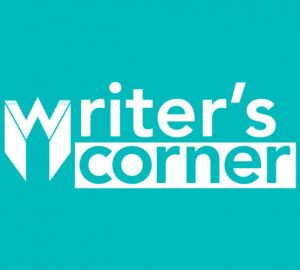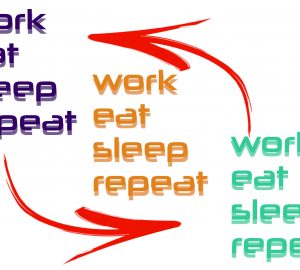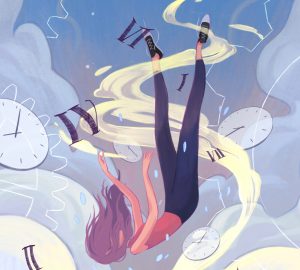
As students change gears from a hard week of midterms, many find themselves with a massive sleep debt from work, study and final projects. Weekends are merely a brief rest stop as the last five weeks of class head toward the next sleep-depriving episode — finals.
According to the National Sleep Foundation (NSF), a not-for-profit, scientific organization for sleep improvement, adults need at least seven to nine hours of sleep a night to prevent health problems such as obesity, high blood pressure and cardiovascular disease.
“I take a lot of Tylenol PM and just slip into a coma,” said third-year painting student Andrew Munoz. “I think that a lot of students at SCAD complain about the workload, because being art students, they’re prone to being self-absorbed; constantly focusing on their plight.”
According to Demand Media and Lance Armstrong Foundations’ health and fitness website, Livestrong.com, abusing Tylenol PM can lead to appetite loss, arrhythmia, decreased blood pressure, liver damage and vision problems. Instead of taking sleep aids like Tylenol PM or Unisom, medical research foundation Mayo Clinic encourages people with sleeping problems to try Valerian root or over-the-counter remedies, such as melatonin.
“Sometimes, I think I’m smarter when I’m sleep deprived,” said Munoz. “I feel like it makes me edgy and even grumpy sometimes. I look at my work differently — I’m more critical.” Munoz went on to say that he doesn’t keep a regular sleep schedule, but when he does sleep, he rests well without waking up in the middle of the night or feeling groggy and disoriented.

According to the NSF, the brain regulates two different sleep processes. The first is the restorative process, which is regulated by the amount of time spent awake and the body’s sleep debt. The second is the suprachiasmatic nucleus, or SCN process, that naturally occurs in the brain to make bodies feel tired when it’s dark. Each process is imperative to functioning during the day, says the NSF.
“A lot of students brag about staying up all night like it’s some kind of right-of-passage, but I say screw that,” said Munoz.
The NSF suggests avoiding caffeine and alcohol to get a good night’s rest, as well as exercising regularly, keeping a consistent sleep schedule and taking time to relax. Sleeping is a basic necessity to functioning properly, and stress is considered to be the number one side effect of sleep deprivation, says the NSF.

Second-year fashion marketing student, Erin Tripp, says she tries to avoid caffeine and get as much healthful, natural sleep as she possibly can. “I sleep too much. I try to get at least eight hours of sleep a night, but I pass out during the day sometimes as well,” said Tripp.
In 2002, the NSF found that 74 percent of American adults experience sleeping problems multiple times a week, and that 39 percent get less than seven hours of sleep per weeknight. When it comes to late-night work sessions to complete projects and study for exams, SCAD students certainly know what that feels like.
Tripp would agree. “There are some occasions where I have no choice and have to stay up all night.”



























